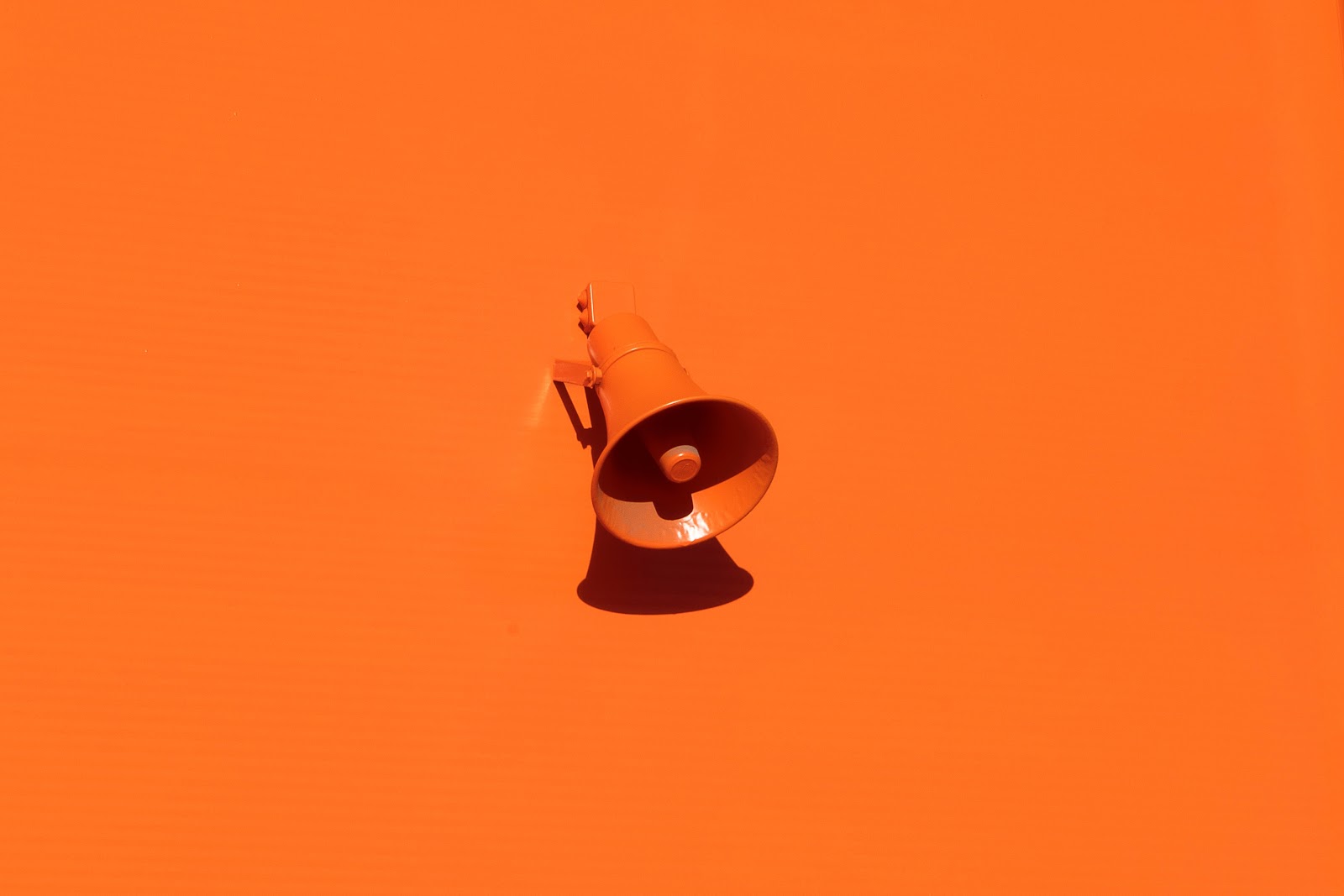
09/04/2020
All, Communication, Diplomacy, Empathy
The Art of Directness
Both at a psychological and at a political level, we have backgrounds that have emphasised the art of indirectness. Only a few generations back, almost all of us lived under deeply authoritarian regimes, where the priorities were keeping quiet and practicing subterfuge. Not speaking directly was a survival mechanism. You wouldn’t tell the king how you really felt: your insights were of no interest to the feudal lord. You learnt to keep very quiet around your tyrannical boss.
Furthermore, at the psychological level, every childhood is marked by vast differences in status between child and adult which often train us to hide what we experience. We start off as helpless infants exposed to the momentous power of adults. It isn’t easy to find one’s voice with someone who has a 30-year head start, apparently knows everything, controls the TV and computer and has a very strict view of who we are meant to be. The adults are meant to have our best interests at heart, but they may not always provide conditions in which we can freely express our needs without fear of retribution: they do not always offer lessons in the art of directness. Perhaps our caregivers needed us to be preternaturally ‘good’ or were excessively worried by signs of independence. It’s still remarkably rare to grow up in families where saying what you feel is seen as a virtue, rather than a troublesome trait best stamped out with discipline.
And so we become experts in bottling up, in working around people, in not saying what we feel and what is ailing us; or in exploding in rage or settling into sulks rather than confidently letting out our issues in a deliberate, slow, convincing, mature way.
Our silences and defences come not from evil, but from a sense that our voice is illegitimate, because we are – somewhere inside – still serfs or infants. The enemy of good collaboration is an ingrained low self-esteem.
To mature, we need to develop an adequate sense of self-love and resilience: we must feel that we have a right to exist, to be heard and to speak – and that we are strong enough to deal with what might happen if we were honest. We need a sense that we can survive the annoyance of another person. Indirectness is no sin, it’s a natural result of having been forced into patterns of subterfuge through early vulnerability. But we are now adults, people who can survive blows or move on if they prove intolerable. We are no longer cowed five-year-olds, desperate lest an adult withdraw their support. We have options. We can work on improving our impression of our own survivability. We can endure the risk of being disliked – in the name of a cleansing confrontation. We should go through mental exercises to practice inner resilience:
I may be sacked, but I will find another job.
They may not like me here, but there will be other places which will respond more favourably.
What I feel is not always bad or strange: it can deserve to be heard.
We have to tell ourselves helpful, important things that we failed to hear from others sufficiently loudly early on:
You’re going to be OK, whatever happens next.
I will love you even if…
Enough of stalking the earth with our shoulders hunched and our eyes wary. We have nothing to be ashamed of. We must channel a voice of confidence at moments when it will be submerged, through tiredness and fear, by the voices of the past.
Find out more about finding balance in our class on Diplomacy.







